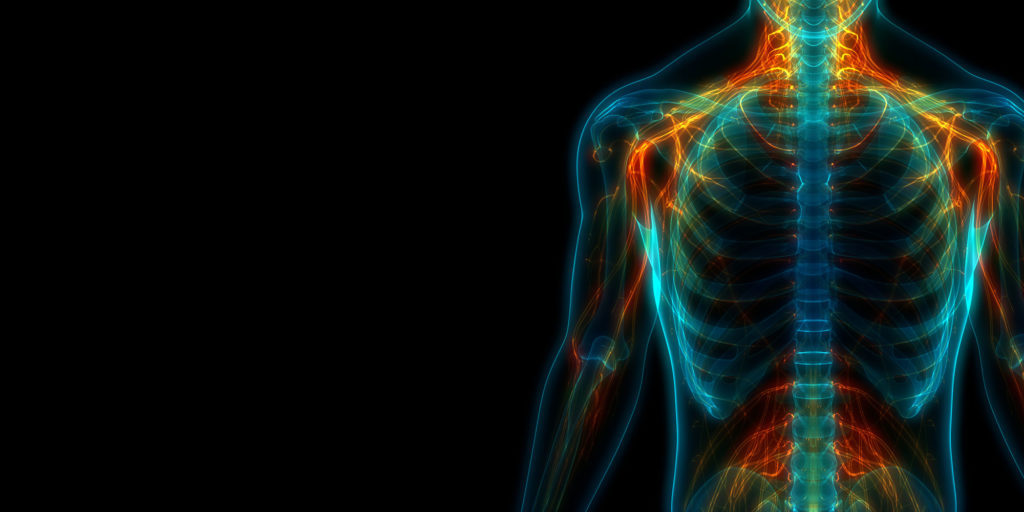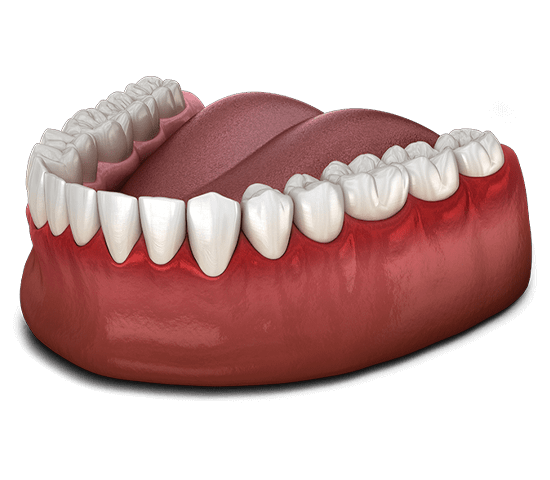

If you have tender, bleeding or swollen gums, you’re not alone. Worldwide, an estimated 20-70% of the population have some form of periodontal disease. Gum disease is a major cause of tooth loss, which can compromise chewing, smile esthetics, self-confidence and quality of life.
At Gitlin Dental Group, we believe in investing in the latest technologies that not only provide clinically superior results, but also enable delivering more comfortable treatment. Laser gum surgery in Bethpage & Roslyn, NY provides a gentler and more precise approach for removing harmful bacteria and unhealthy gum tissue than traditional gum surgery.
If you have bleeding gums in Roslyn, NY reach out to our experienced team at Gitlin Dental Group, we can help.
Periodontal disease is a common oral infection that affects the tissues that surround and support your teeth. In early stages, this typically presents as gingivitis, a condition characterized by formation of plaque on your teeth and bleeding or swollen gums and pain. Other symptoms include chronic bad breath and gum redness or discoloration.
If left untreated, plaque can harden and turn into tartar, which can lead to periodontitis, an advanced stage of gum disease that involves the loss of periodontal attachment and supporting bone. Signs include gum lines pulling back from your teeth (recession) and loose teeth. Studies indicate older people have the highest rates of periodontal disease. Data from the Centers for Disease Control and Prevention suggest that over 70% of Americans aged 65 and older have some form of gum disease.

Although gum disease is the leading cause of bleeding gums and tooth loss in adults, studies also show it is associated with an increased risk of heart disease, diabetes, chronic respiratory disease and dementia, and can lead to pregnancy complications. Sophisticated laser technology improves the health of soft tissue and also helps prevent the negative repercussions of gum disease on your immunity and overall health.
In fact, laser dentistry in Roslyn & Bethpage, NY plays a key role in helping our patients maintain optimal oral health, especially those with dental anxiety that fear the pain associated with traditional gum disease treatment.

The PerioLase MVP-7™ pulsed laser kills germs over a large area of the infected root, tissues and bone, with a success rate as high as 99.99%. The laser beam penetrates and detects only bad germs and infected tissue, enabling our team to remove the smallest amount of gum tissue. This approach also stimulates stem cells to form new connective tissues, bone and collagen, thereby regenerating lost ligaments and bone around teeth. Laser gum surgery in Roslyn, NY provides a more pleasant dental experience and faster healing, and effectively reduces the risk of gum disease progression and infection. Additional benefits include:
I understand the information disclosed in this form may be subject to re-disclosure and may no longer be protected by HIPAA privacy regulations and the HITECH Act.